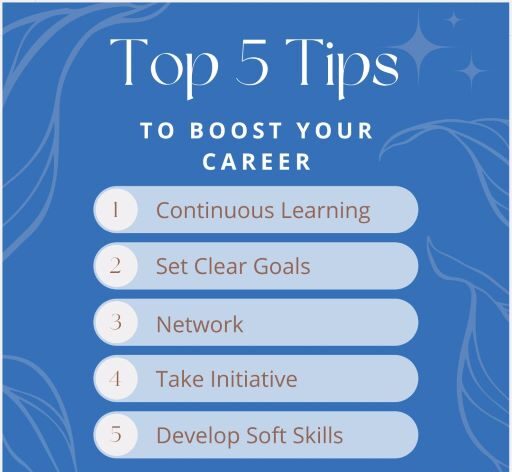Exploring Exciting Career Paths for Innovators-Discover Your Potential in Technology, Design, Science, Entrepreneurship, and More
Innovation is the driving force behind many of the world’s most important advances in technology, science, and business. Innovators are individuals who possess a unique combination of creativity, problem-solving skills, and an ability to think… Exploring Exciting Career Paths for Innovators-Discover Your Potential in Technology, Design, Science, Entrepreneurship, and More









